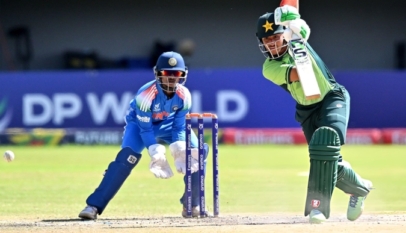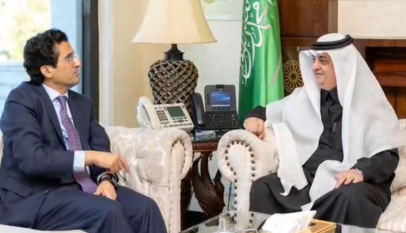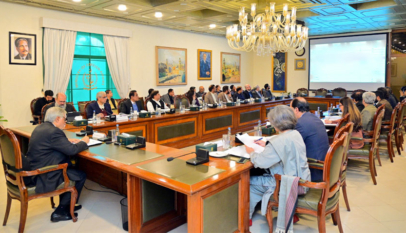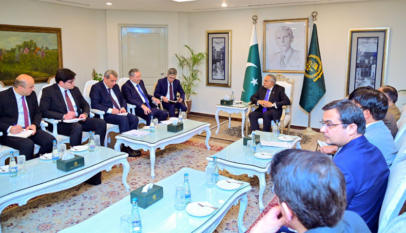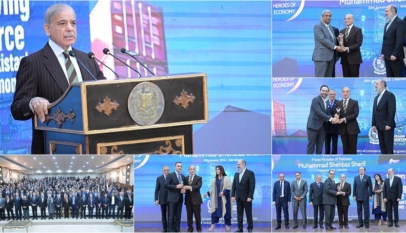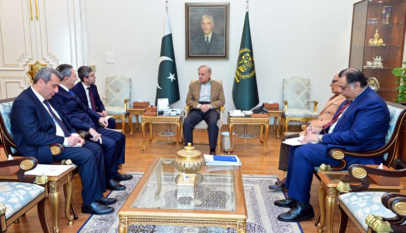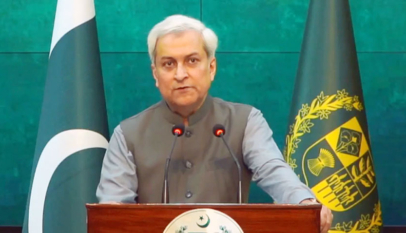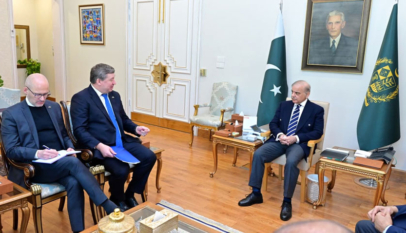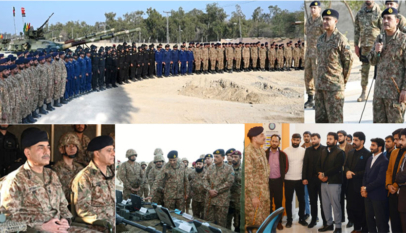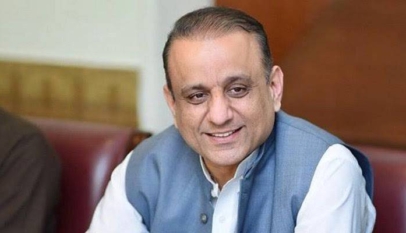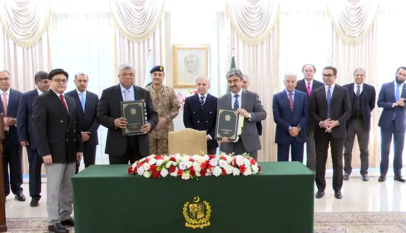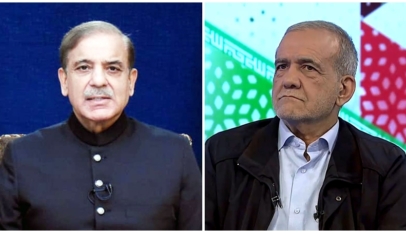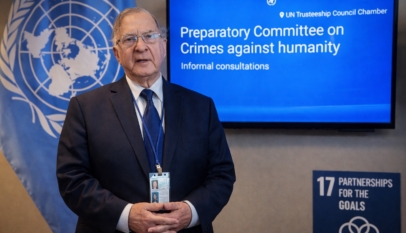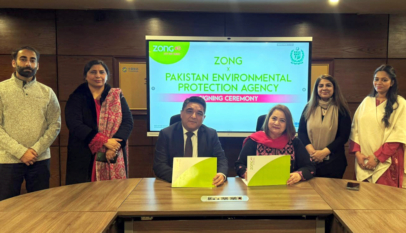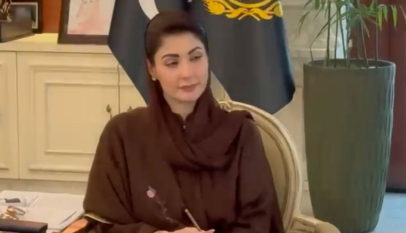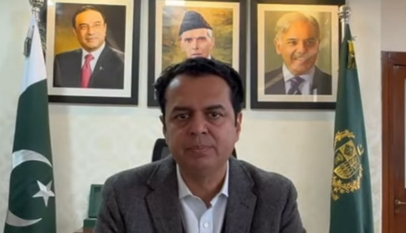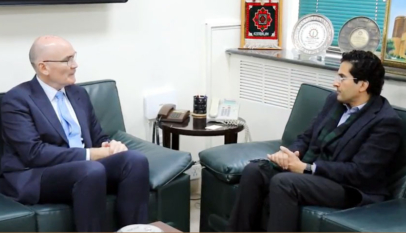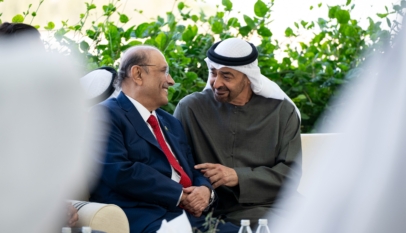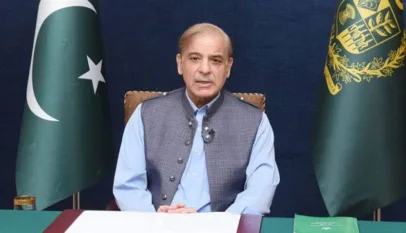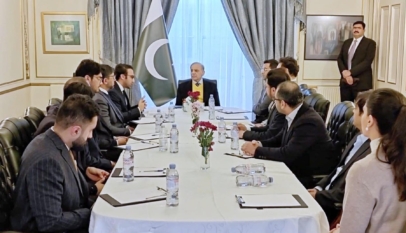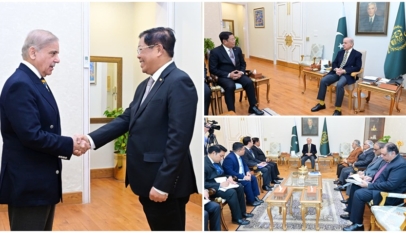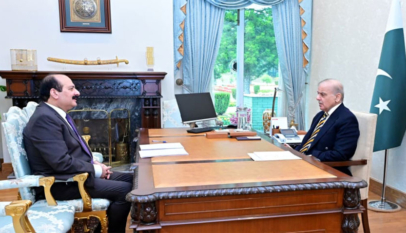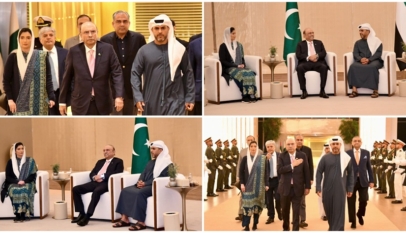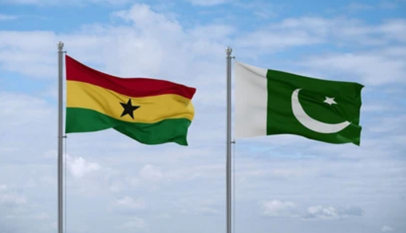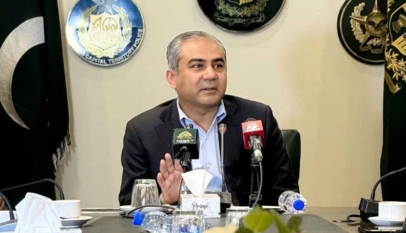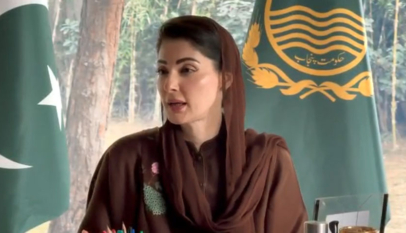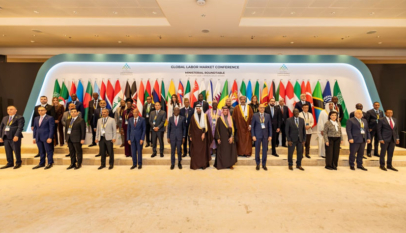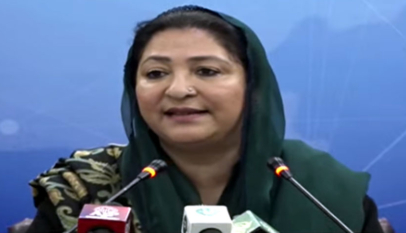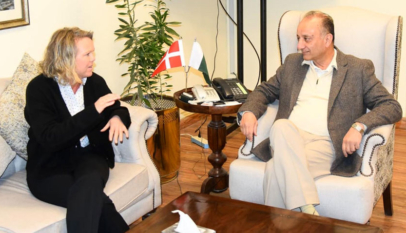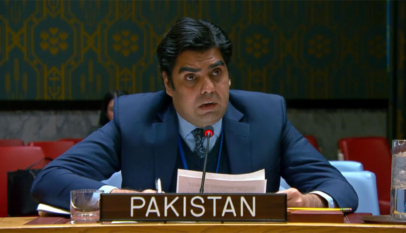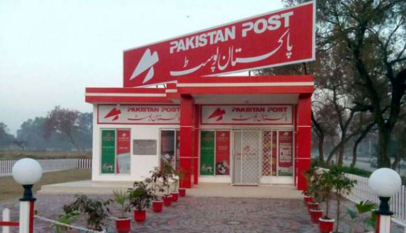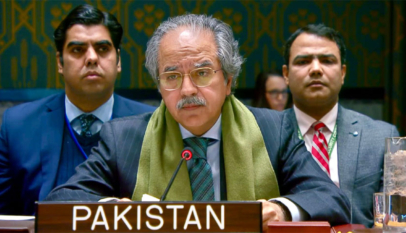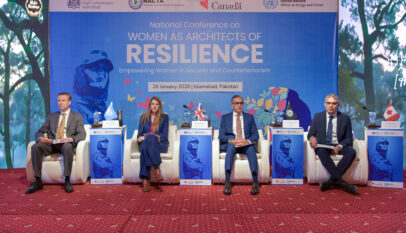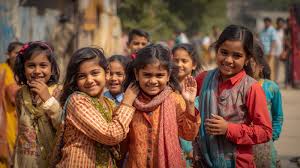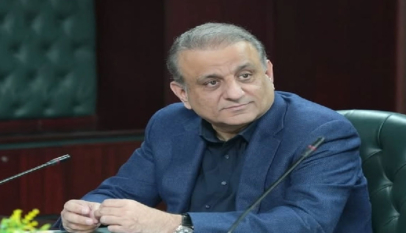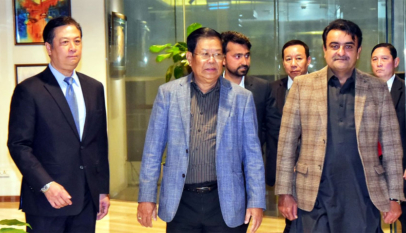The International Federation of Journalists (IFJ) is celebrating World Day for Decent Work (WDDW) 2024 to highlight different issues faced by women in workplaces in the Pakistani media.
IFJ is the world’s largest organisation of journalists, representing over 600,000 members in more than 140 countries. The IFJ works to promote press freedom, defend the rights of journalists, and improve working conditions in the media industry.
The IFJ launched a campaign to mark WDDW in Pakistan titled ‘Building Stronger Workplaces in Pakistan,’ which focuses on women in the media. The campaign includes infographics, polls, video messages from media employees, union leaders, and press clubs, an online petition and space which will discuss important issues faced by journalists, especially women in the media.
Decent work is a fundamental right, and it is imperative that IFJ stand in solidarity with all workers. IFJ calls on governments and media organisations to ensure that journalists work in safe, fair, and dignified conditions.
IFJ has been working in Pakistan for the past four years to empower the Pakistani media, especially women in media. In 2023, IFJ created a women’s network across Pakistan, the Women Media Forum, Pakistan (WMFP), which has been working closely with women in the media across Pakistan.
IFJ’s WDDW campaign has been developed on the results of the gender mapping of Pakistani media which was conducted by IFJ’s Women’s Media Forum, Pakistan (WMFP). The WMFP is a women’s network across Pakistan an initiative of IFJ which is led by five coordinators in five regions of Pakistan. The WMFP coordinators conducted gender mapping in two phases in 2023 and 2024.
The WMFP mapped 18 media organisations in the second phase of the mapping, and the results revealed many serious and important issues faced by women in the Pakistan media which were not being addressed like lack of separate bathrooms for women and no bathrooms in many media organisations. The WMFP found that this was causing health issues in the women workers and led to them leaving the media.
Another important issue that was highlighted was the gender pay gap and maternity leaves. WMFP’s mapping found that 25% of the Pakistani women journalists did not know about their right to maternity leave that is provided by the law. The mapping also found that 50% of journalists were not clear about the salary structure by management in the newsrooms, which led to the gender pay gap going unchecked.



